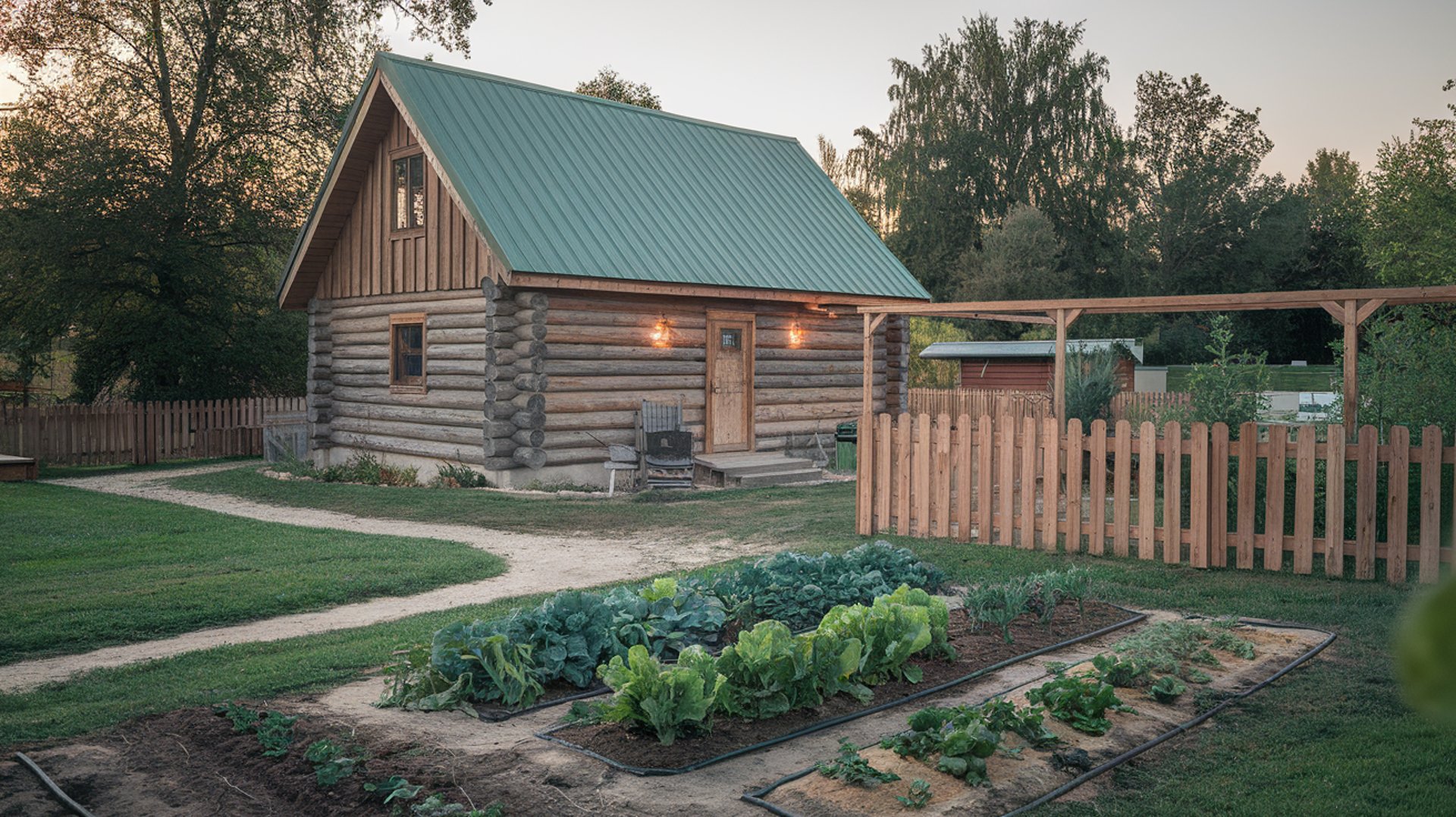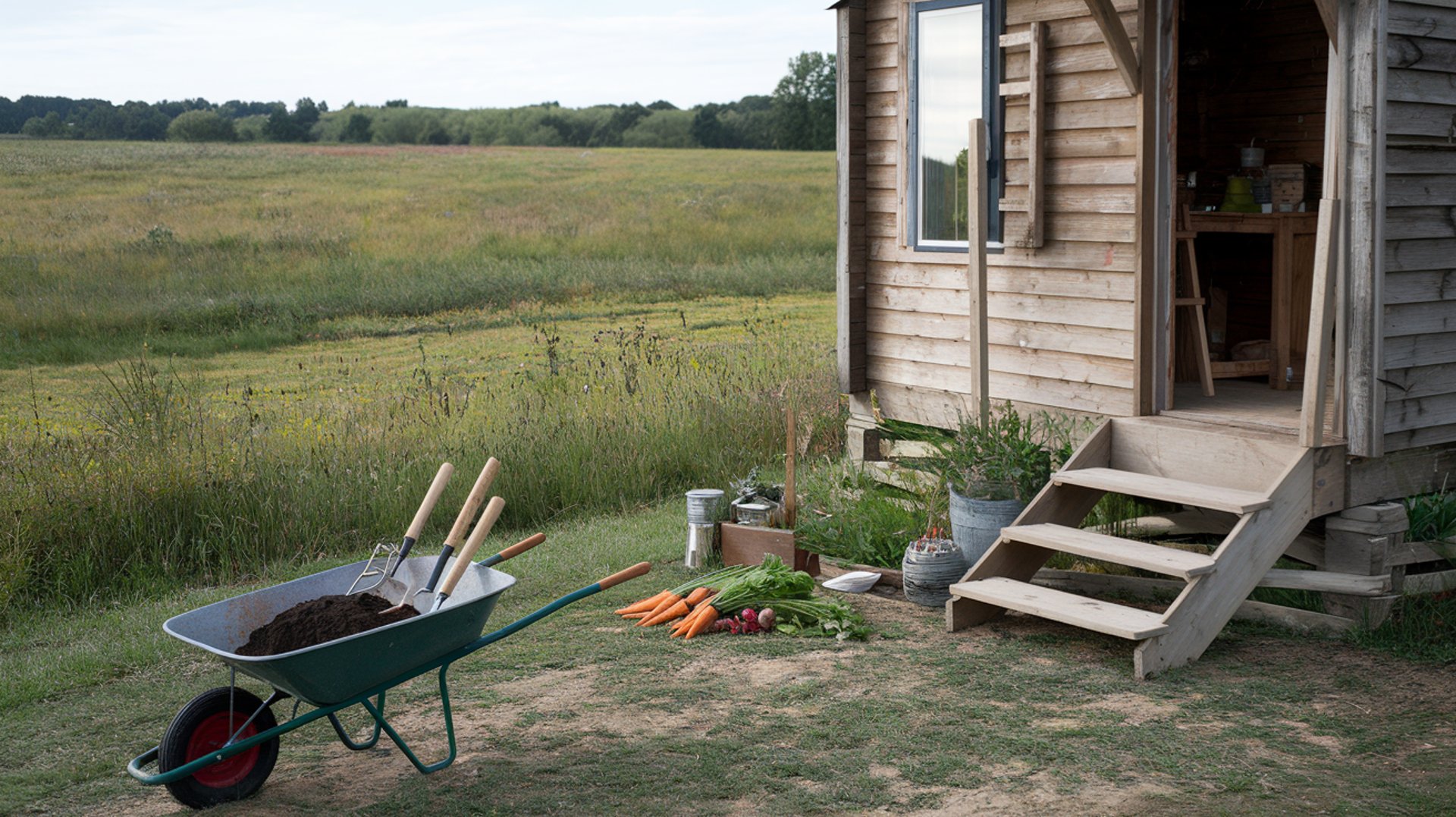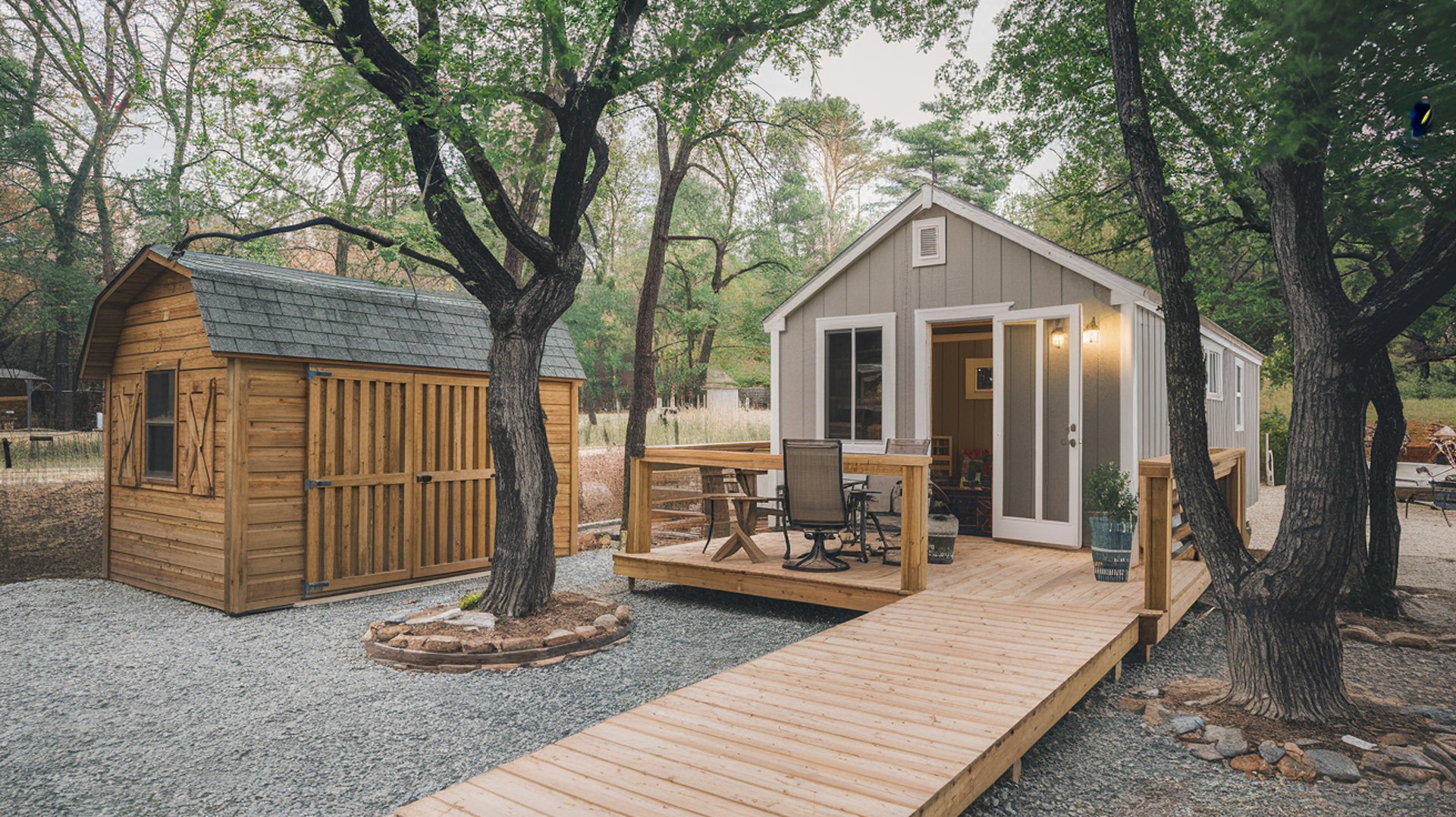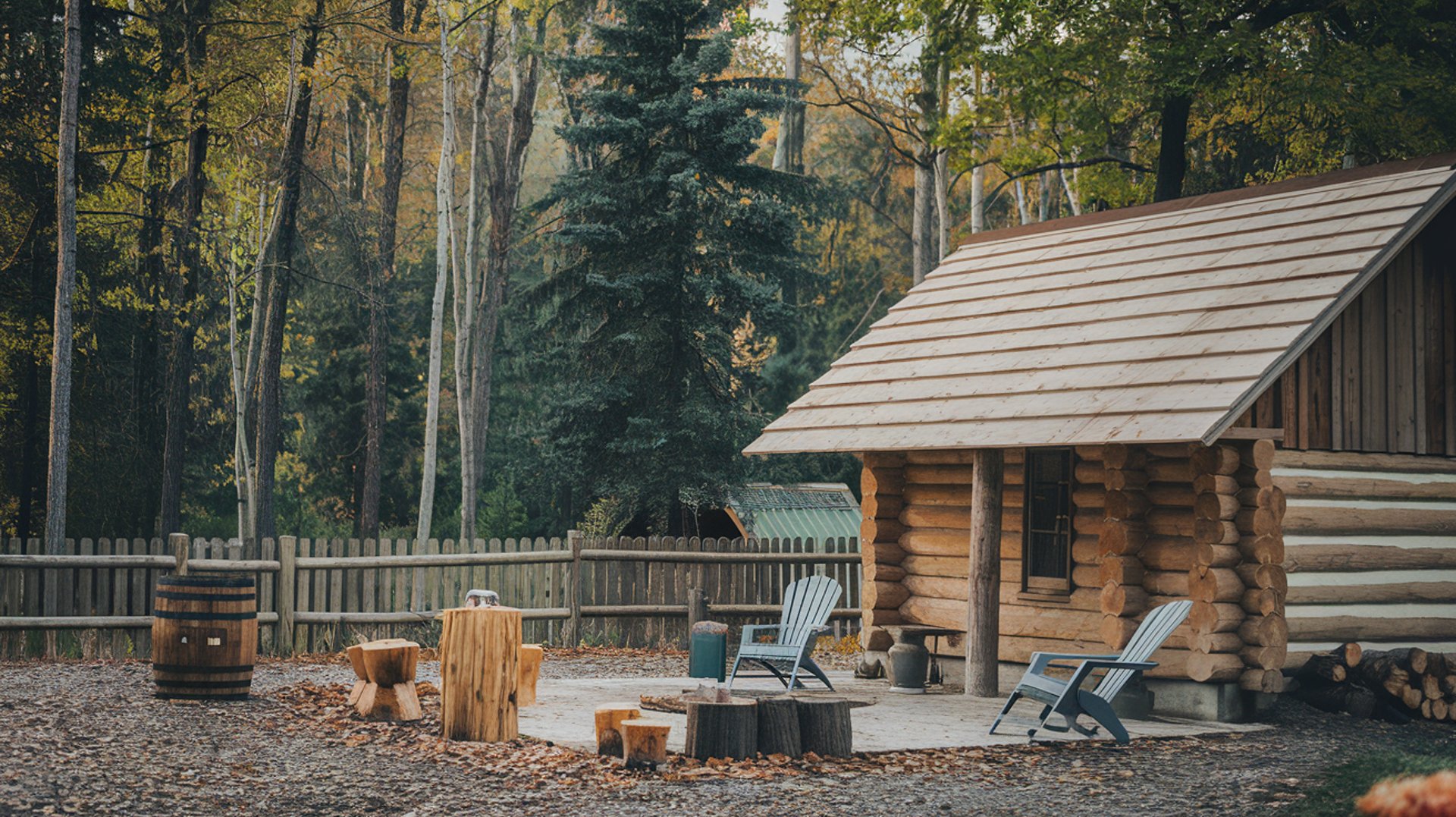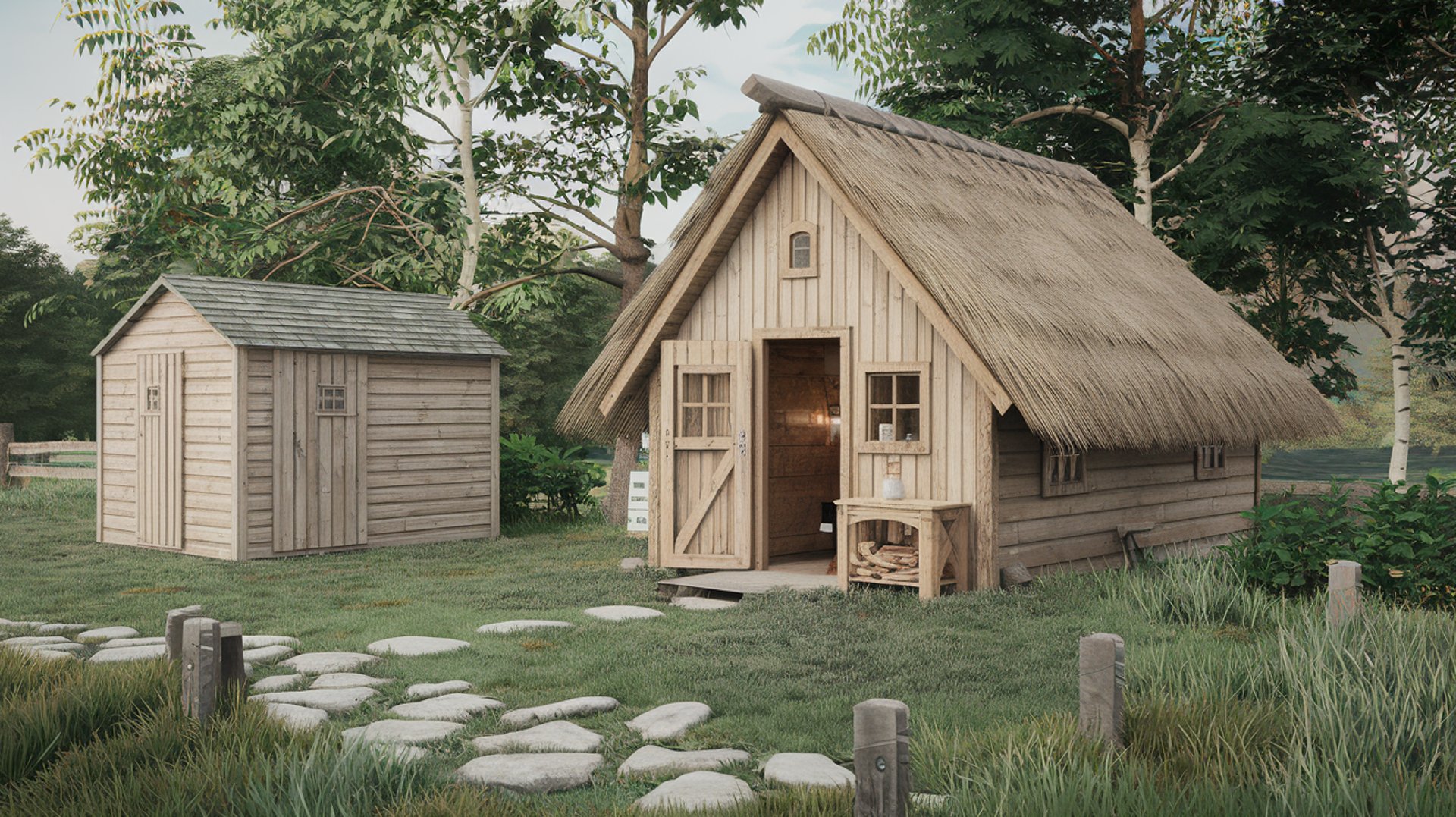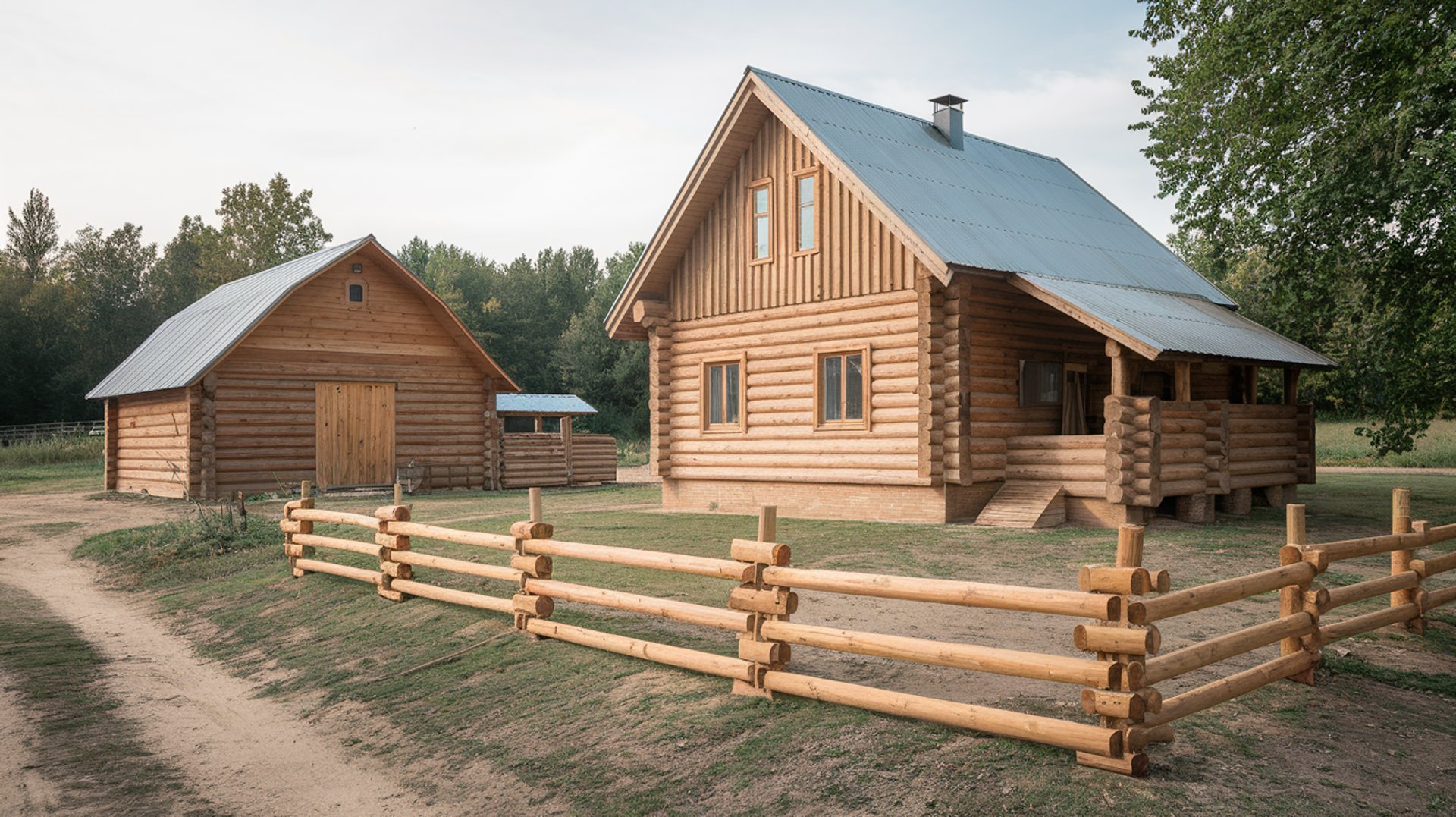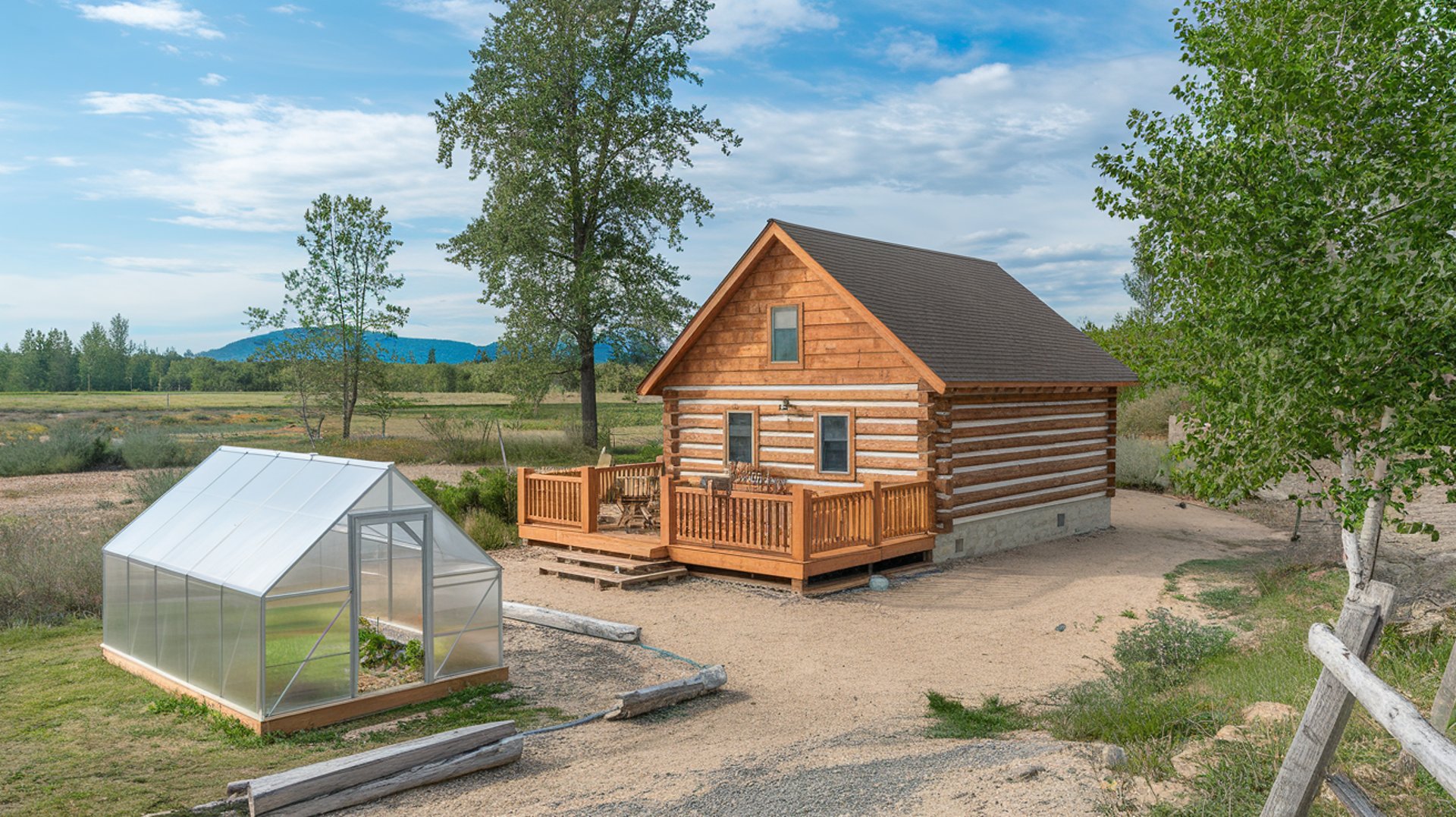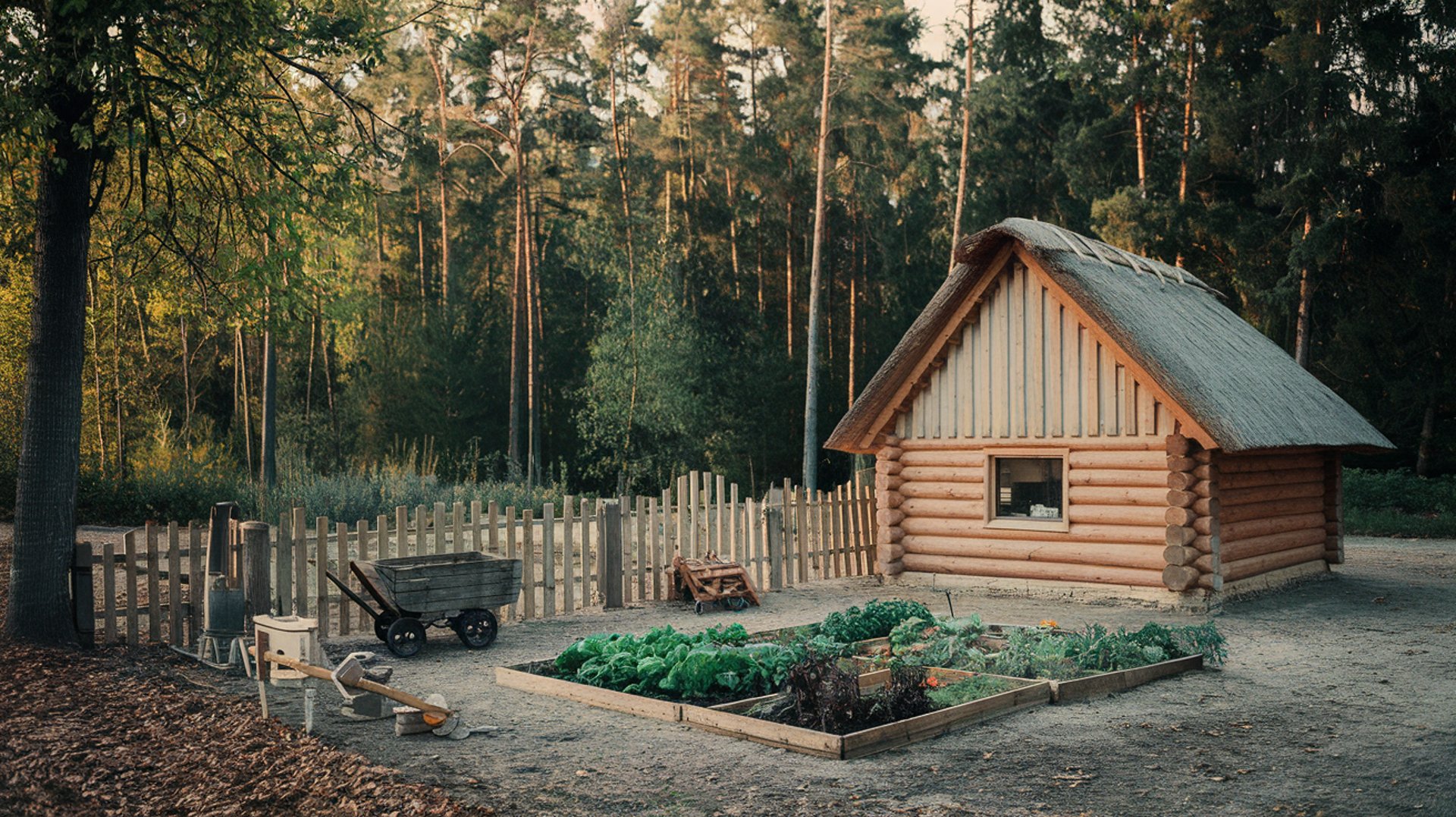12 Essentials for Homesteading Beginners
Homesteading is a rewarding journey toward self-sufficiency and a more intentional lifestyle. For those just beginning, the prospect of starting a homestead may seem overwhelming. By focusing on the essentials, you can lay the foundation for a successful and enjoyable homesteading experience. Here are 12 essential things every beginner homesteader should consider.
12 Essentials for Homesteading Beginners
Homesteading is a rewarding journey toward self-sufficiency and a more intentional lifestyle. For those just beginning, the prospect of starting a homestead may seem overwhelming. By focusing on the essentials, you can lay the foundation for a successful and enjoyable homesteading experience. Here are 12 essential things every beginner homesteader should consider.
1. Start with a Plan
Before diving into homesteading, create a comprehensive plan. Determine your goals: Do you want to grow your own food, raise livestock, or live off-grid? Assess your land, climate, budget, and the resources available to you. A clear plan will help you set realistic goals and gradually expand your homestead over time.
2. A Garden Plot
Gardening is a cornerstone of homesteading. Start by setting up a small garden where you can grow vegetables and herbs. Choose crops that are well-suited to your climate and easy to grow, such as tomatoes, lettuce, carrots, and zucchini. Gardening will help you reduce grocery expenses and become more self-reliant when it comes to food.
3. Quality Tools
Investing in quality tools is essential for any homesteader. Some basic tools to start with include a shovel, hoe, rake, pitchfork, pruning shears, and a sturdy wheelbarrow. Quality tools make homesteading tasks more manageable and help you work more efficiently. Properly maintaining your tools will ensure they last for years to come.
4. Composting System
Composting is an essential way to recycle organic waste and enrich your garden soil. Setting up a compost bin allows you to turn kitchen scraps, leaves, and garden trimmings into nutrient-rich compost that will improve the health of your plants. Composting reduces waste while giving you natural fertilizer for your garden.
5. Water Collection System
Water is crucial for gardening and raising livestock. Establishing a rainwater collection system will help you gather and store water for your homestead. Rain barrels connected to gutters are an easy way to start. Storing rainwater reduces your dependency on municipal water and helps conserve resources.
6. Learn Basic Animal Care
If you plan to raise livestock, start small with chickens or rabbits. These animals are relatively easy to care for and provide benefits such as eggs, meat, and manure for compost. Learn the basics of animal care, including proper housing, feeding, and health maintenance. Raising animals is a big responsibility, but it greatly contributes to self-sufficiency7. Food Preservation Techniques
Food preservation is a key aspect of homesteading that allows you to store the harvest for the future. Learn basic preservation methods such as canning, drying, fermenting, and freezing. Preserving the food you grow ensures you have a steady supply even during the off-season, reducing your reliance on store-bought goods.
8. Build a Shelter for Tools and Supplies
A dedicated space to store your tools, animal feed, and gardening supplies is essential for an organized homestead. A small shed can serve as a storage space for all your homesteading necessities, keeping your tools safe, dry, and accessible. Organization helps keep your work efficient and prevents wasted time.
### 9. Establish a Compost Toilet
For those aiming to live off-grid, a compost toilet is an eco-friendly solution that reduces water usage. It helps turn human waste into compost, which can be used to fertilize non-edible plants on your property. A compost toilet is particularly beneficial for homesteaders seeking independence from modern utilities.
10. Learn to Cook from Scratch
Cooking from scratch is an essential skill for any homesteader. It allows you to make the most of what you grow and ensures you're eating wholesome, nutritious meals. Learning to bake bread, make soups, and preserve fruits is a great way to start. Cooking from scratch not only saves money but also gives you complete control over what goes into your meals.
11. Build Community Connections
Homesteading can be challenging, especially when you’re just starting. Building relationships with other local homesteaders or joining online homesteading communities is incredibly helpful. You can share advice, exchange goods, and provide support to each other. Building a network will help you feel more connected and supported in your journey.
12. Embrace Lifelong Learning
Homesteading is a continuous learning experience. Be ready to learn and adapt as you go along. Read books, attend workshops, watch tutorials, and seek advice from experienced homesteaders. Mistakes are inevitable, but they are opportunities to grow and become more skilled at self-sufficiency. The more you learn, the more rewarding your homesteading journey will be.
---
Homesteading is a fulfilling path that encourages self-reliance, sustainability, and a closer connection with nature. By starting small and focusing on these 12 essentials, you can build a strong foundation for your homestead. Remember that homesteading is a journey—take your time, enjoy the process, and celebrate every step you take toward a more independent and intentional way of living.

